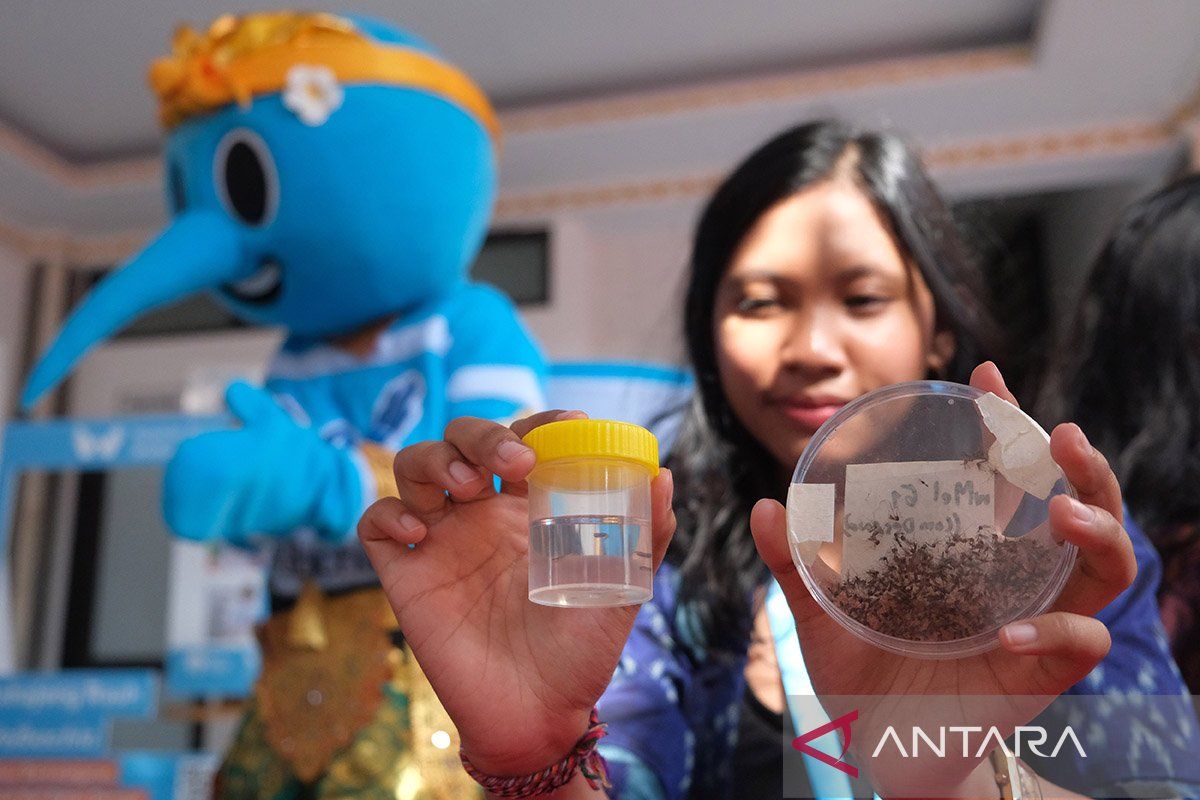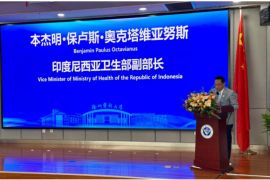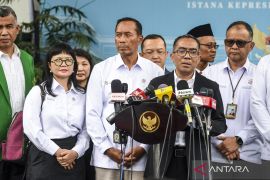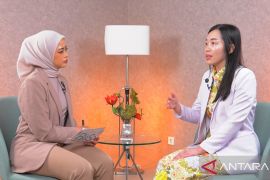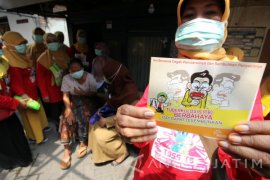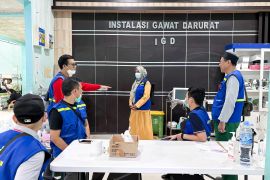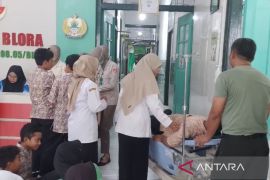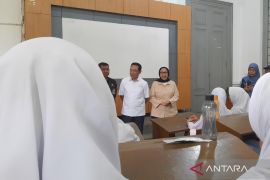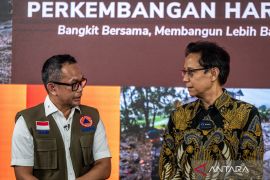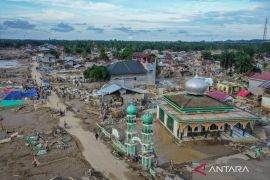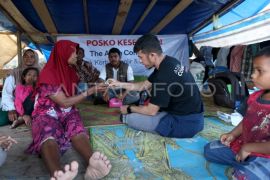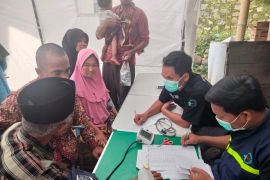"It has been running in five cities and has been expanded to include Denpasar," he said during a talk show on dengue handling in Jakarta on Thursday.
The other five cities are Semarang, Bandung, West Jakarta, Bontang, and Kupang.
Wolbachia bacteria are naturally found in 60 percent of insects, and in the body of the Aedes aegypti mosquito, they can curb the replication of the dengue virus, thereby reducing the mosquito's ability to transmit dengue.
Pambudi explained that research on Wolbachia has been conducted by experts in several countries, and various scientific discussions agreed that the use of the bacteria is safe.
He highlighted the low level of public participation due to a lack of information and the spread of hoaxes surrounding the Wolbachia method.
On that occasion, he called on the media to spread the correct information regarding the program to educate the community.
In addition to Wolbachia, vaccines are also crucial in tackling dengue, he added.
Two vaccines are currently available: Dengvaxia, which is given to children aged nine to 16 but needs initial screening for serological status, and the Qdenga vaccine, which has a wider age range (up to 45 years) and requires two doses without an initial screening.
While the use of dengue vaccines is still limited, they have been included in regional programs, such as in East Kalimantan in 2023, he said.
Pambudi stressed that dengue is still a health problem and remains a significant burden that often causes extraordinary events and deaths, both in the world and in Indonesia.
He quoted WHO while saying that 3.9 billion people from 128 countries are at risk of being infected with the dengue virus.
Related news: Dengue cases in Indonesia down 30 percent in 2023: Health Ministry
Related news: Dengue vaccination not covered by BPJS Health: official
Translator: Mecca Yumna, Raka Adji
Editor: Anton Santoso
Copyright © ANTARA 2024
